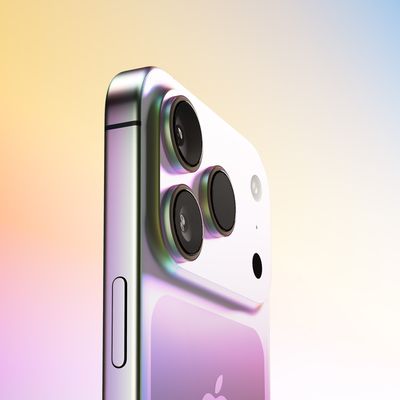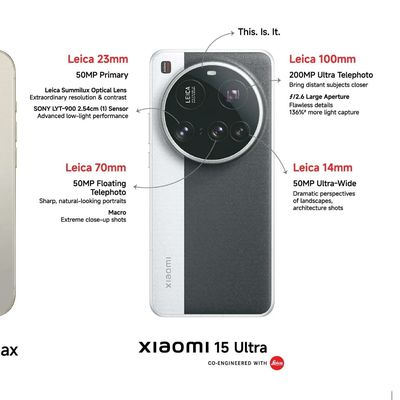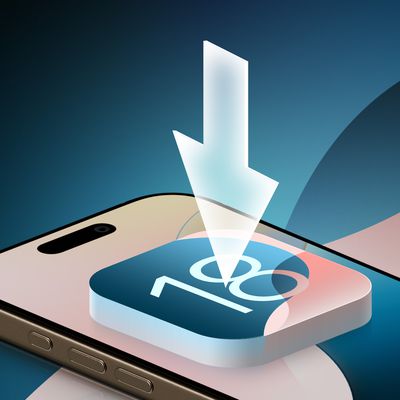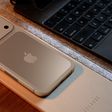Apple's next-generation iPhone is of course expected to support LTE connectivity in at least some markets, but given differences in LTE frequency bands around the world it is interesting to note that The Korea Times reports (via The Next Web) on comments from sources at current iPhone partners SK Telecom and KT claiming that they are currently in negotiations with Apple over LTE service for the forthcoming device.
"KT is in negotiation with Apple to persuade the latter to support KT’s 1.8-gigahertz frequency in Korea for the upcoming iPhone," said one senior KT executive, asking not to be identified. KT spokeswoman Kim Yoon-jeong declined to confirm.
The company, which joined the race for LTE-enabled smartphones later rivals SK and LG, is trying to persuade Apple to have its new iPhone support LTE connectivity, according to KT officials.
SK Telecom is also pushing for the same. Officials from the nation's biggest mobile carrier are currently in Apple headquarters in California to persuade Apple to support SK's LTE frequency for its local customers.
It is unclear, however, exactly what SK Telecom and KT are attempting to achieve in their efforts to "persuade" Apple to support their LTE frequencies on the next-generation iPhone, given that the hardware capabilities of the device have long been finalized. If the hardware does support the Korean carriers' frequencies and the negotiations are simply over contractual terms, it would suggest that there could be significant expansion of international LTE compatibility for the iPhone compared to the third-generation iPad.

The third-generation iPad supports LTE only over the 700 MHz and 2100 MHz frequency bands, with only a handful of carriers including AT&T and Verizon in the United States and Bell, Rogers, and Telus in Canada being supported for the device. With SK Telecom using the 800 MHz band as its primary LTE spectrum and 1800 MHz as a secondary band, and KT operating solely on 1800 MHz, the next-generation iPhone hardware would need to have new LTE frequency support for service on those carriers to even be possible. Notably, the 800 MHz and 1800 MHz bands are also the spectrum being used for LTE in Europe, Australia, and other markets, and thus hardware compatibility with those frequencies could significantly expand the number of countries and carriers on which the next iPhone could support LTE connectivity.


















